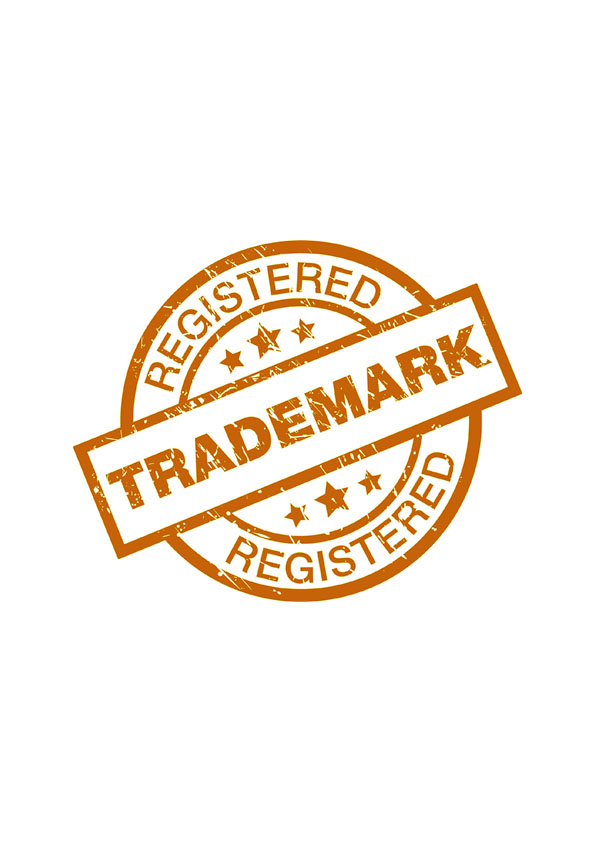Trademark registration is a critical process for businesses aiming to protect their brand identity and maintain a competitive edge.
Tax Mother ensures that the process is handled effectively and increases the chances of a successful registration.
Take the First Step towards Brand Protection: Contact Our Trademark Specialists.
However, the process can be complex, requiring careful consideration and adherence to certain guidelines. Seeking professional assistance for trademark registration is highly recommended to ensure a smooth and successful process.
The establishment of the Trade Mark Registry in 1940 was a significant step to safeguarding intellectual property rights. A trademark is a distinctive symbol, word, graphic, packaging, or any combination thereof that represents a company’s goods or services. All trademarks are registered under the Trademark Act of 1999. Trademarks create a distinguishing factor for goods and services, setting them apart from competitors.
They provide exclusive rights to use a distinctive word, phrase, logo, or symbol that represents the goods or services offered. Here are some reasons why trademarks are important:
Any individual, LLP, partnership firms, foreign companies, Indian companies, NGOs, or entities claiming to be the owner of a trademark used or proposed to be used can apply for registration.
Obtaining a trademark registration usually takes around 18 to 24 months, assuming no objections are filed.

